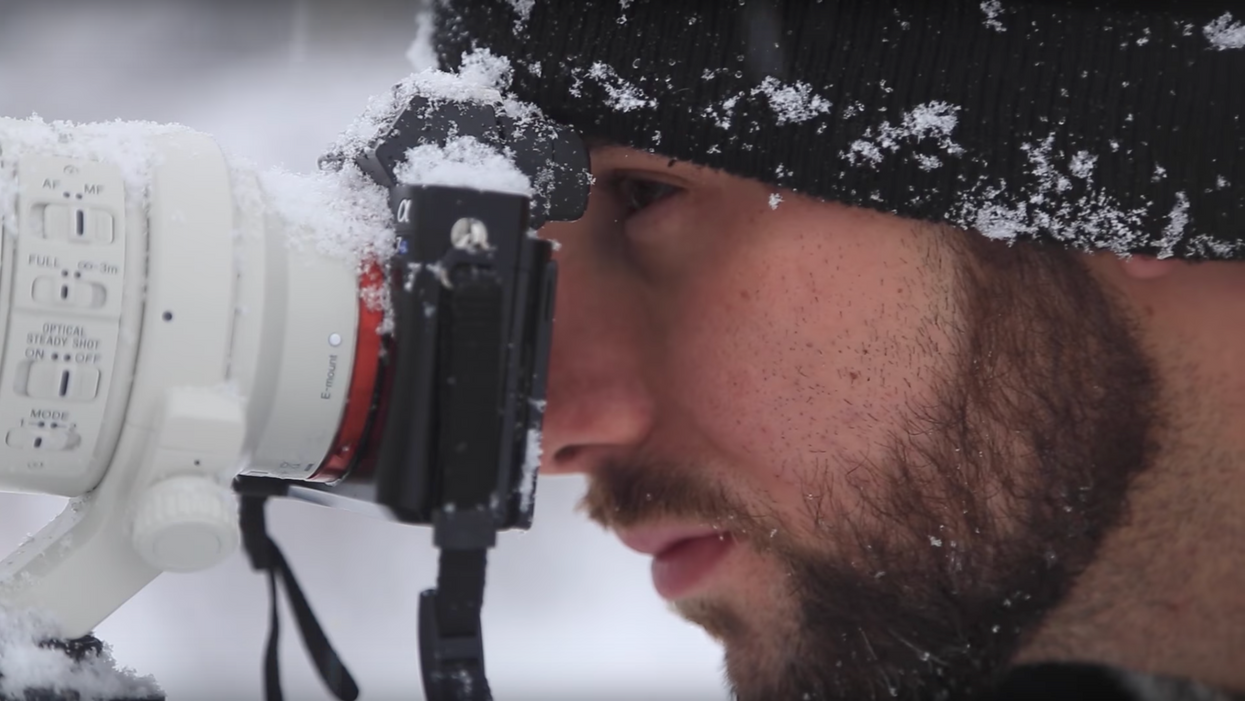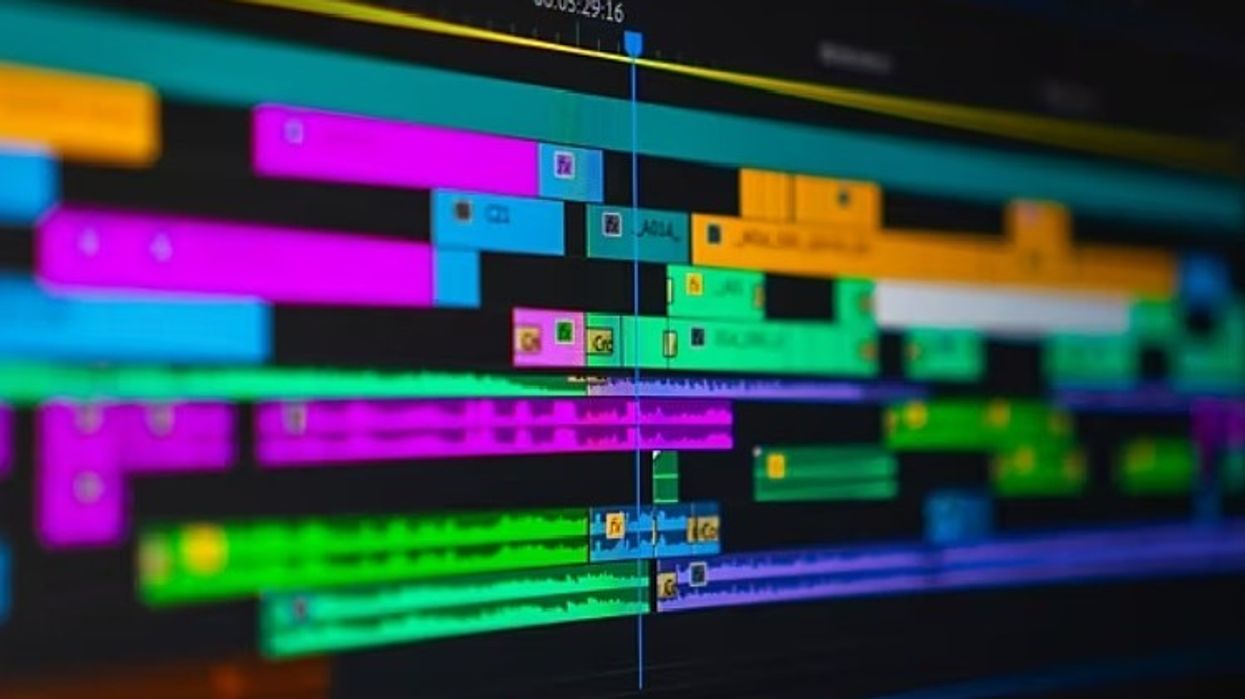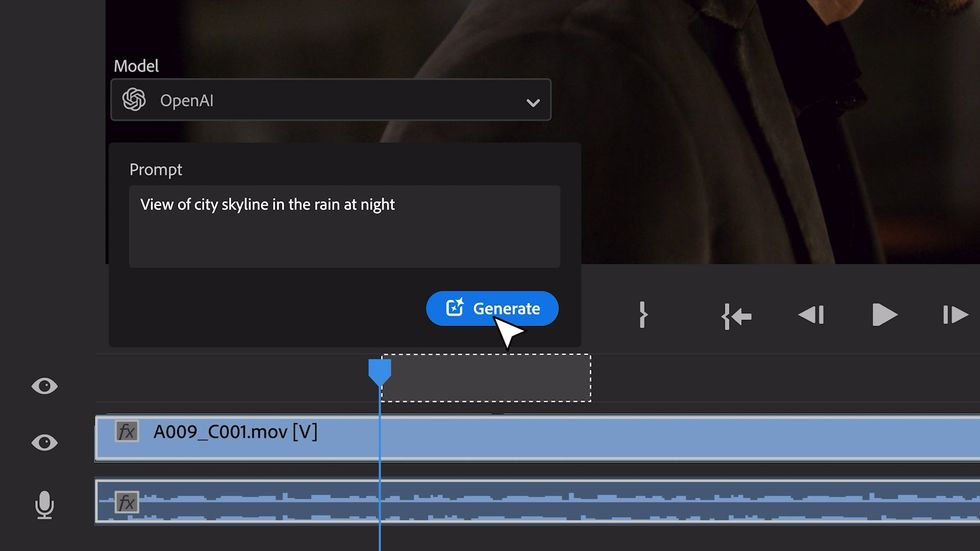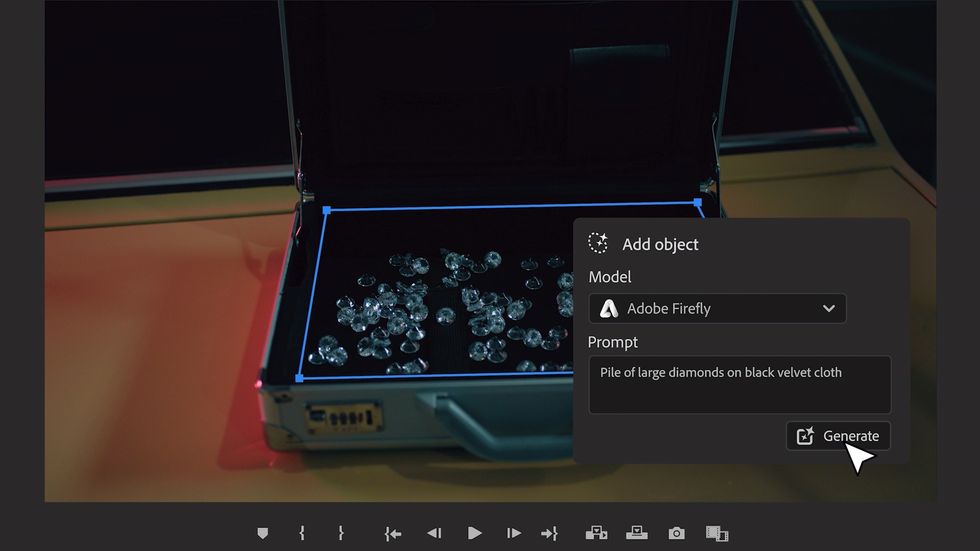5 Things You Probably Don't Need to Worry About as an Amateur Filmmaker
If you're new to filmmaking, you probably don't have to care about this tech stuff until later on in your career.

Filmmaking is a complicated art form in that it's both creative and technical. If you're like a lot of filmmakers out there, the techy gear stuff that you read about all over the internet can be a real drag when you're first starting out, so much so that you avoid areas of filmmaking, like camera operation and editing, altogether. (Because you're like, "What the hell is S-Log!? Don't I just hit record?) However, as a beginner, you may not have to trouble yourself with a lot of the technical aspects of making movies, a sentiment filmmaker/photographer Benjamin Jaworskyj talks about in the video below.
OKAY! Before you get out your pitchforks and try to torch my ass, hear me out. I disagree with the first item on Jaworskyj's list. (It's a shame that the video was led with that particular thing, but whatever.) In my opinion, shutter speed is an incredibly important camera setting for beginner filmmakers to know how to use, because it can greatly affect the way your picture looks. If you set your shutter speed too low, like he said, you get this blurry, smeary mess, but if you set it too high, you're going to give your audience a damn migraine. The rule of thumb is to set your shutter speed to twice the inverse of your frame rate, so if you're shooting at 24fps, you'd set your shutter speed at 1/48 or 1/50.
Furthermore, I see no harm in cutting your editorial teeth with a professional editing program like Premiere. I used Windows Movie Maker for one project as a young filmmaker because I literally had zero dollars to spend on anything but rent and food, but once I was able to afford a pro NLE (for me it was Final Cut), then I went for it. And, you know, that helped me get familiar with pro editing tools early on while I was still learning the basics, which may be too much for some, but for others, it's no big deal.
Aside from that, I generally agree with him on his other points—shooting in 4K, recording in S-Log, using expensive NLEs (unless you can afford them), choosing a big, fancy camera—ain't no beginner have time fuh dat! You've got so many other things that are more important to learn about, like writing, pre-production, composition, color, lighting, exposure, recording audio, directing actors, and editing. I'm not saying that 4K, S-Log, and the other things on Jaworskyj's list aren't important, they're just usually not necessary until later on in your career once you've learned the basics of filmmaking. I mean, what good is S-Log going to do you if you don't know how to expose a shot? What's the point of sweating over your 4K workflow when you don't know how to record decent audio? See what I'm sayin'?
What do you think about the views in the video? Do you think there are things new filmmakers don't have to worry about until later on in their career? Discuss down in the comments.
Source: Benjamin Jaworskyj














